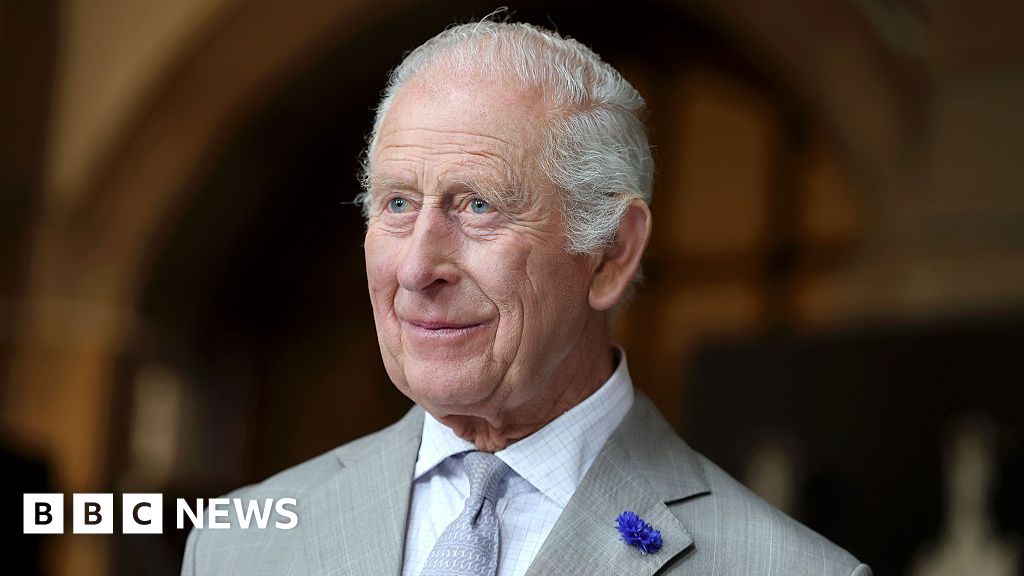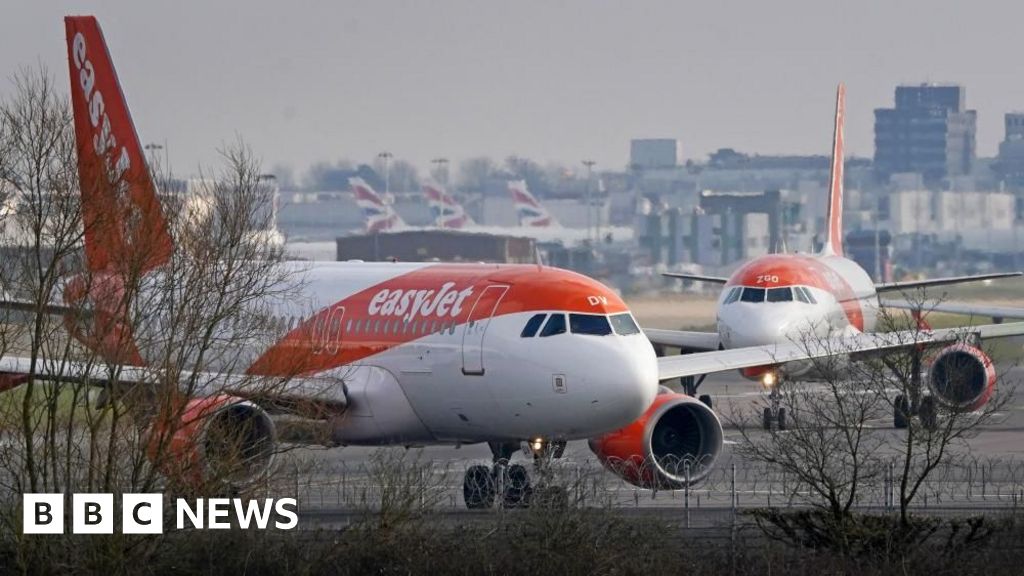ARTICLE AD BOX
Soaring energy prices have left people worried about how they will pay their bills. To prevent widespread hardship, new Prime Minister Liz Truss has announced limits on energy bill rises.
People had been expecting to pay around £3,500 per year for energy from October, but Ms Truss said households will not pay more than £2,500 per year for the next two years.
Businesses will get "equivalent" support, with bills capped for six months.
We asked households and small businesses how the government plans will affect them.
'The government help is no use to me'
Image source, Michael Ball
Michael Ball, 25, from Kirkcaldy is on Universal Credit, as well as being in work. He is trying to sort out his prepayment meter with the help of his MP, and get an air source heat pump installed in his flat. If not, he will have to move back in with his parents.
The new limit of £2,500 per year on average is "no use to me", he says because he was already struggling with his bills when the last price cap of £1,971 came in in April.
"I've not put on my heating for eight months because I just can't afford it," he says. "The price was already too high in April."
Michael has bipolar disorder, and he says stress over energy bills is not helping his mental health. Thinking about how he will make ends meet takes up all of his time, he adds.
What he would have liked to have seen from the government is help with insulation and with replacing the old electric night storage heaters in his flat.
'It's good that they've capped it'
(L-R) Ella, Ronnie, Joe, Jay
BBC Newsbeat has been speaking to people in Southend-on-Sea in Essex,
Ronnie Malone, 18, says: "It's good that they've capped it at £2,500, as opposed to the £3,500 it was. But it's still a lot higher than what it should really be."
Ella Robinson, 23, has two young children and says, despite the announcement, the thought of higher bills remains "a little bit scary, because not everyone's going to be able to afford it".
"And you know, we're just going to be thinking about how many times should we boil the kettle today."
Joe Hopkinson, 23, lives in an outhouse in his parents' back garden. They pay the bills but he says his mum is "on it" when it comes to switching off electronics if he leaves them on.
"Everything's going up. You know, you got to do what you got to do. She doesn't let me leave the TV on when I go out and stuff," he says.
Jay Sota, 28, thinks Liz Truss's move is "just putting a band aid on a big problem".
He also says he's concerned about further government borrowing after the pandemic.
"I think it always poses long-term issues for the economy."
'I'm still very nervous'
Annette Dolan says even with government intervention her business could still fold
Annette Dolan, 65, managing director of Bath Aqua Glass, says that even with the government help she is worried that she could lose her business, and that her 17 employees could be out of a job.
Businesses have been offered support for six months, with ongoing support for vulnerable industries. But without more detail, Annette says she is "still very nervous".
Prior to the government stepping in, her firm's gas bill had been due to go up from £14,000 to £233,000. "It's Alice in Wonderland," she says.
She wouldn't be able to afford that, but next month she may still have to turn off her furnace anyway, depending on how much her bills go up.
Annette is looking at "emergency measures" including buying a smaller, portable furnace that can be more easily turned off and on, but is not as efficient.
One of her employees, Carly McKeever, says that even with government help for the firm for six months, she still doesn't know whether she will have a job after that.
"If I get made redundant I could lose my home," says Carly, who has three children.
'Could have given more help for pensioners'
Image source, Cheryl Horne
Image caption,Cheryl Horne is worried about the rising cost of living
Cheryl Horne, 72, a pensioner in Nottingham, has health issues and is unable to leave home without help. She has three carers who come in during the week, and she contributes to the cost of that service.
She has solar panels installed, which help keep her energy costs down in the summer. "I don't know what's going to happen in the winter months," she says.
Cheryl was in hospital for a year with sepsis. "I have to keep warm," she says. "If you have to live on a pension, it's not a great deal."
She says the government could have given "more help" for pensioners and people who have to keep medical equipment running.
"There are people who use nebulisers, who use medical equipment. They can't just switch off their heating and put a sweater on because it will affect their health," she says.
She adds that the government could have done more on standing charges. "Even if you don't use any electricity or gas, the daily fees have increased massively," she says.
'Bankruptcy is still a possibility'
Image source, Peter Ensinger
Small business owner Peter Ensinger, 57, from Creswell near Worksop may have to declare himself bankrupt as energy costs rise.
Since last year, the bills for his pizza and kebab shop have doubled, from around £400 for gas and electricity per month, to around £800 a month.
"Cooking oil has trebled in price, and flour has doubled in price since I took over this business in 2020. I just found out that my gas bill alone is now going up to £500 a month," says Peter. "It's a nightmare."
He says there was no great detail in Thursday's energy plan for businesses, and says bankruptcy is still a serious prospect.
"[Liz Truss] said after the initial six months of help for businesses, they'll target help towards vulnerable businesses. I hope that includes takeaways. Takeaways were left out of relief during the omicron variant last year. I hope we aren't excluded this time too," he says.
"We also need more detail on this help for businesses, otherwise we are just kicking the can down the road for the next six months."
'Lack of detail is not making my life any easier'
Image source, Getty Images
Bengu Sait has owned Diva cafe in Brighton for eight years. Her bills were about £1,070 annually - but after her energy company went bust last year and she was moved to a new supplier, her yearly estimation jumped to £2,700.
Her new supplier gave an estimated charge of £60 for two days of use, when previously she was paying around £100 a month.
"I feel there is no governance at all in this country when it comes to energy prices," says Bengu. "I was always in credit with my energy company. Now, no matter how much I can afford to pay, I am always in debt to them."
She is unimpressed by the unveiling of the prime minister's energy plans.
"Businesses need to plan. Having no detail in the measures, Ms Truss's announcement is not making my life any easier today than it was yesterday."

 2 years ago
64
2 years ago
64








 English (US) ·
English (US) ·